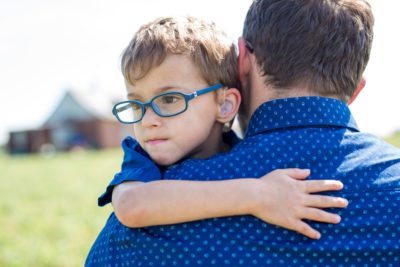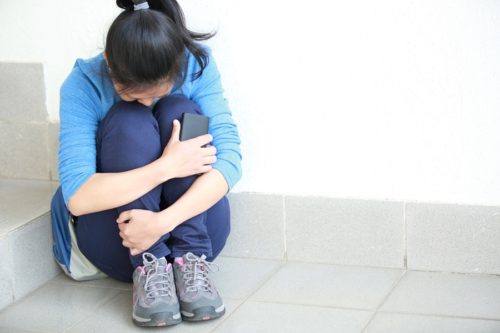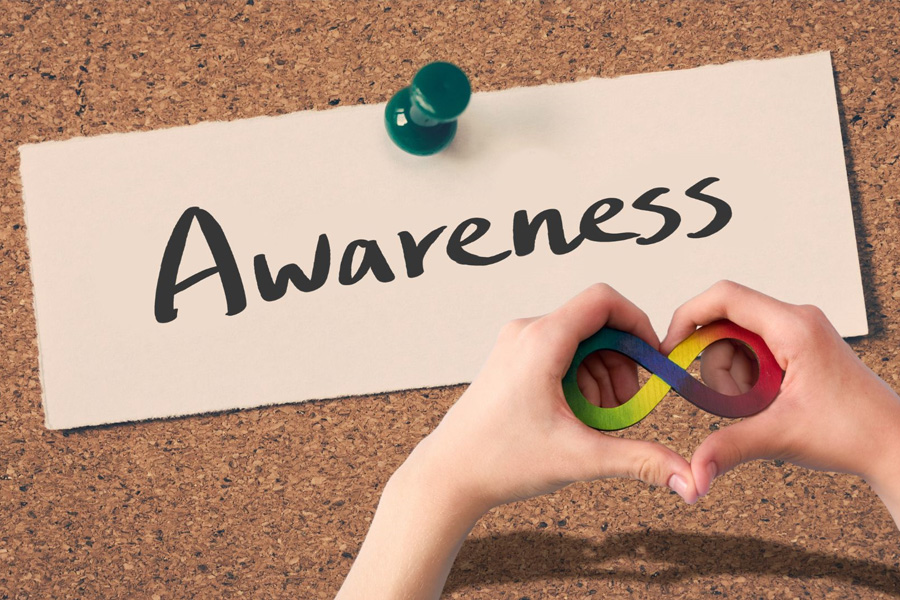PTSD Self-Assessment
In your life, have you ever had any experience that was so frightening, horrible, or upsetting that, in the past month, you:
1. Have had nightmares about it or thought about it when you did not want to?
2. Tried hard not to think about it or went out of your way to avoid situations that reminded you of it?
3. Were constantly on guard, watchful, or easily startled?
4. Felt numb or detached from others, activities, or your surroundings?
5. Felt guilty or unable to stop blaming yourself or others for the event(s) or any problems the event(s) may have caused?
If you answered Yes to three of any of these questions, you may have Post Traumatic Stress Disorder (PTSD) or trauma-related issues that could warrant an evaluation by a healthcare professional.
What is PTSD?
Post Traumatic Stress Disorder (PTSD) can develop after a stressful event. It’s typically associated with veterans of war, but it can also occur in someone who has experienced the stress of witnessing a major catastrophe or other horrific event. PTSD can also develop in families who experience medical trauma: persistent traumatic stress reactions after a life-threatening illness or injury, life-altering diagnoses, or certain medical procedures and/or treatment experiences.
How Does PTSD Affect Parents of Children with Special Needs?
Parents of children with unique or complex medical needs often experience repeated stressful events in the form of ongoing medical tests and procedures, recurrent emergencies and frequent hospitalizations. The never-ending anxiety that comes from having a child with a chronic condition can be enough to trigger symptoms of PTSD.
If left untreated, PTSD can make you more susceptible to infection and chronic disease. It may also affect the emotional and physical health of your child and other family members.
How Do I Know I Have PTSD?
Symptoms of PTSD can vary, but here are some of the most common:
- Nightmares or flashbacks
- Constant thoughts about the about the event(s)
- Avoidance of thoughts about the event
- Trouble remembering key features of the event(s)
- Feelings of guilt or blame
- Feeling constantly on edge
- Feeling numb or closed off from others
I’m a Parent of a Child with Special Needs. What Can I Do About PTSD?
- Talk to other parents. Knowing you’re not alone is a big part of dealing with the symptoms of PTSD. You can also learn from their successes and failures. Find a support group online or in your area.
- Face it head-on. There may be times when you have to set your fears and feelings aside and go into survival mode to get through something. But ignoring the issue only a temporary fix. Learning to cope with PTSD and recover is vital to your long-term health and wellness.
- Ask for help. Talk to your doctor about getting a referral to a specialist. A psychologist, psychiatrist or social worker can provide treatment or point you in the right direction.
- Treat the whole family. Treating your own symptoms is critical to caring for yourself and your family. The rest of the family can benefit as well. Seek family counseling, or help from a Child Life Specialist, Family Services Coordinator or Social Worker.
How is PTSD in Parents of Children with Special Needs Treated?
There are many types of treatment available for parents with PTSD. Consider all your options. Discuss your treatment options with your doctor to find a method that will work best for you.
- Medications are sometimes used, such as antidepressants or anti-anxiety drugs. While medications can treat the symptoms, you should still seek treatment to address the root cause.
- Cognitive therapy entails talking through your thoughts and feelings with a therapist to help you come to terms and begin to cope with them.
- Exposure therapy involves a therapist providing coping strategies while you are exposed to memories, pictures or places that represent the trauma you’ve experienced.
- Eye Movement Desensitization and Reprocessing (EMDR) involves focusing on your stressor(s) under the supervision of a trained professional while undergoing sensory stimulation, such as side-to-side eye movements. Research shows that it’s effective and works faster than traditional methods, such as cognitive therapy.
- Relaxation methods use techniques such as deep breathing, guided imagery, music, meditation, exercise or being in nature to help relieve feelings of anxiety or stress.
- Where to find relaxation programs near you:
More Family Resources for PTSD:
SIDRAN Institute – Traumatic Stress Education and Advocacy
The National Child Traumatic Stress Network
After the Injury – Children’s Hospital of Philadelphia
Reference:
National Institute of Mental Health
National Center for PTSD


















